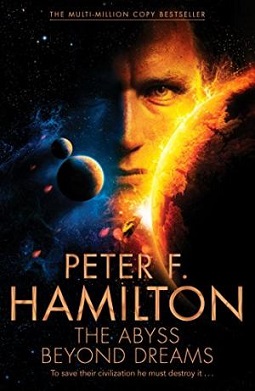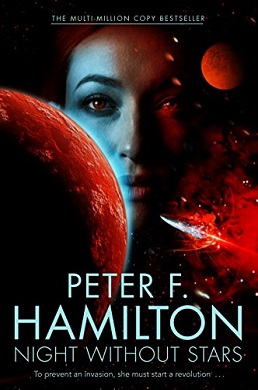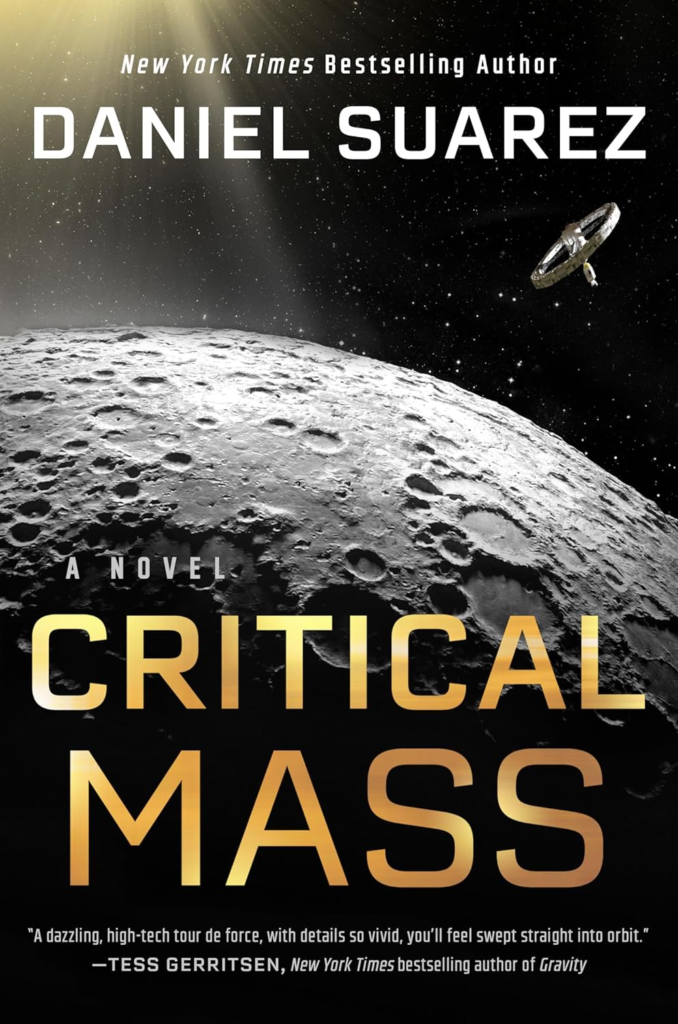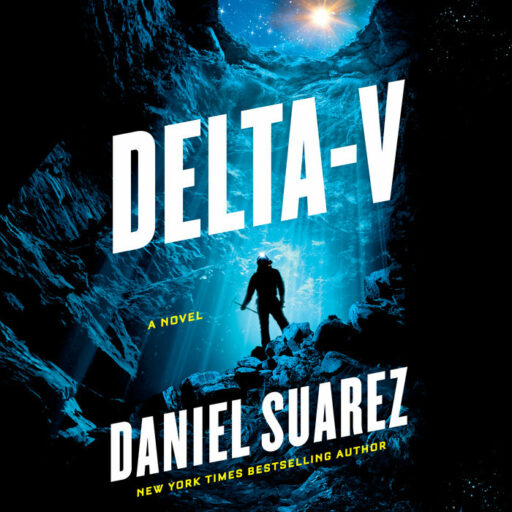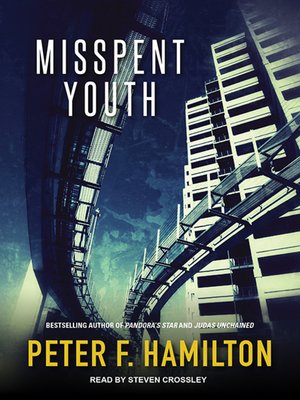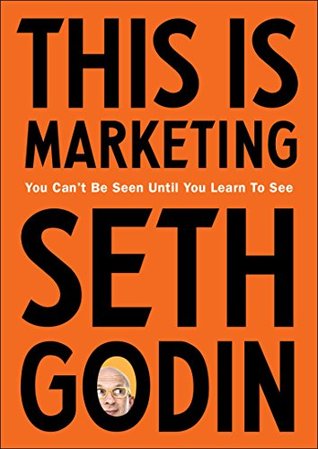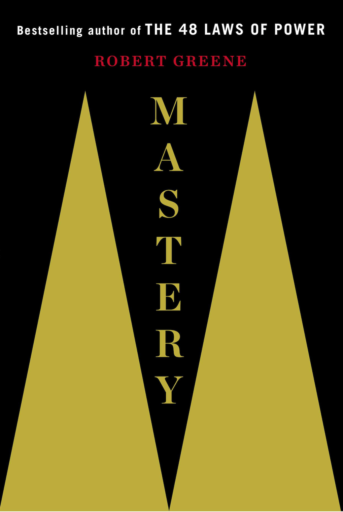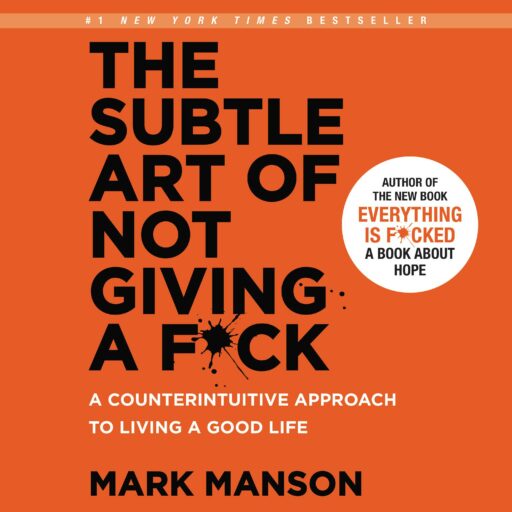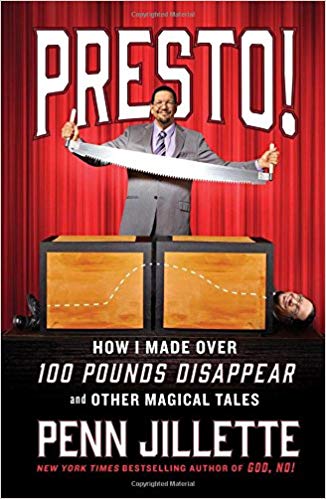The last time I picked up a Peter F. Hamilton book was about a year ago. Unfortunately, Misspent Youth wasn’t very impressive compared to the rest of the Commonwealth Universe. However, it gave me a goal: to finish all the books in the Commonwealth Universe. Jumping ahead, I must say: I love the Commonwealth Universe. It might start slow with Misspent Youth, but it picks up steam quickly in the following books and doesn’t stop until the very end.
The final series, The Chronicles of the Fallers, consists of two books: The Abyss Beyond Dreams and Night Without Stars. The story takes place both within the Void and outside it, recounting the tale of humans trapped with a highly hostile alien race and their desperate struggle to survive. The author masterfully weaves an intriguing story about a society that once thrived on advanced technology but is forced back to 21st-century tech levels as it attempts to return to the Commonwealth—all while fending off the Fallers.
The series brings back two main characters: Nigel Sheldon and Paula Myo, who both work to rescue humans from the Void and the Fallers. Hamilton expands on the inner workings of the Void, giving the story an exciting twist while managing to keep the Void series on its own unique path. Additionally, he delves into how the Void’s mechanics became so convoluted and expansive by the end of the Void series.
I enjoyed The Chronicles of the Fallers immensely. It connects beautifully with the previous books while developing a new, exciting storyline. The entire Commonwealth Universe is a sublime experience, and I wish Peter would continue working on it, but otherwise, it is a great place to stop.
I know I haven’t discussed much of the plot, but I feel I wouldn’t do it justice. The Chronicles of the Fallers must be read as a sequel to the earlier stories. That way, you’ll be fully immersed in the experience. If you enjoyed the previous books, you won’t be disappointed—I certainly wasn’t.
In a nutshell:
+: Well-written and easy to read
+: Continuation of the Commonwealth Universe
+: Old characters in a new setting
+: New and exciting storyline
+: A wonderful finale to the entire universe
=: Excellent books, but I highly recommend reading them only after finishing the previous series
Title: The Chronicles of the Fallers
Author: Peter Hamilton
Cover:
